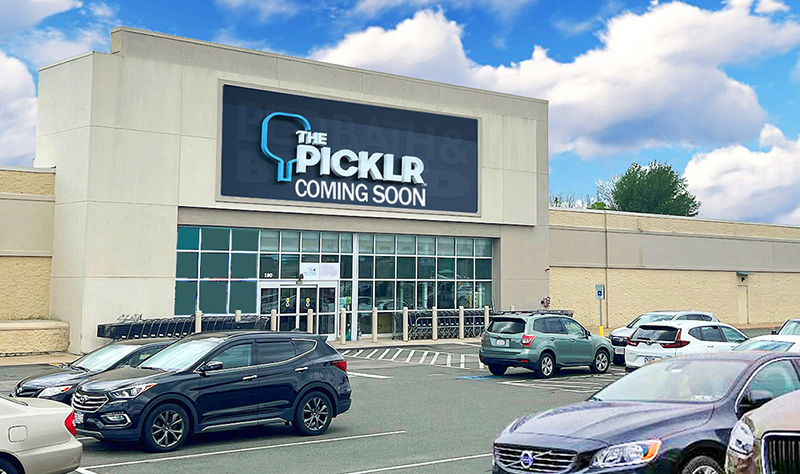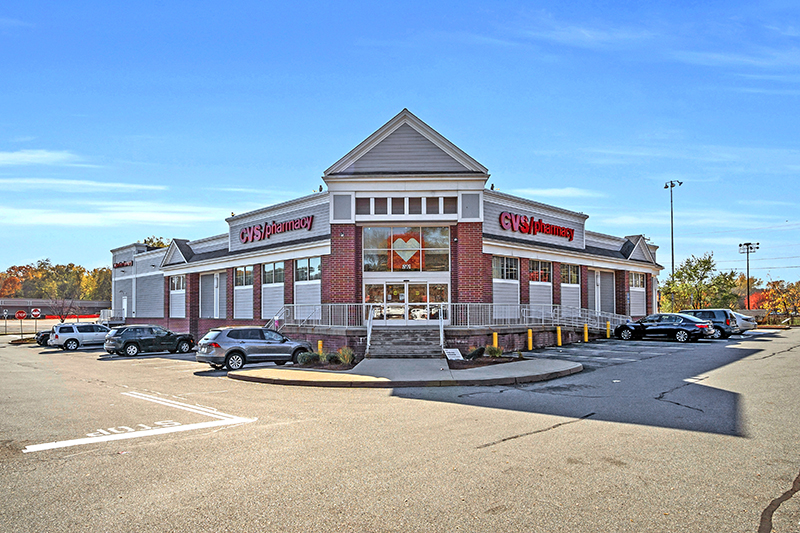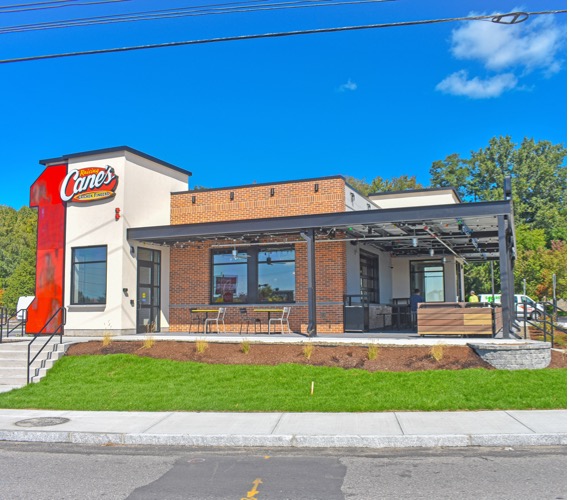News: Retail
Posted: April 25, 2013
Question of the Month: Do I really need to have an attorney review my lease?
A Common Scenario: After a lot of market research and number crunching, you found the ideal location for your new store. If you move quickly, you can be in before the holiday season. You received and read carefully the landlord's fifty page form lease, including the lengthy boilerplate provisions. The lease accurately reflects the terms of the letter of intent, and it seems similar to other leases you have seen in the past. You expected the lease to be fairly one-sided anyway. The last thing you want now is to be held up by lawyers negotiating over the boilerplate terms. What's the worst thing that can happen? Other people you know have avoided delays and legal fees by negotiating lease terms themselves. In this post-recession era of cost cutting, it seems successful businesses are the ones that eliminate non-essential costs.
Catastrophic Liability: Not all provisions in a lease are of equal importance. But what many people do not realize is that there are some provisions that can result in catastrophic liability if they are absent or incorrectly worded. Let's look at one example:
You lease one floor of a multi-story office building. One of your employees leaves a toaster oven on overnight, resulting in a fire that causes $7.5 million in damage to the leased premises and other portions of the building. The landlord files a claim with its insurance company under its fire and casualty policy and receives funds to restore the building. After the landlord's insurance company finishes conducting its investigation and pays the claim, it sends you a notice demanding reimbursement for the amount of the damage. The legal basis for this claim by the insurance company is called "subrogation." When the insurer pays the claim, it steps into the shoes of the landlord and has the right to assert a claim against you for the amount it had to pay to repair the damage caused by your employee's negligence. While some defenses may exist under the lease depending on how various provisions are worded, you definitely have a big problem you do not need.
Most tenants do not maintain fire and casualty insurance on the buildings they occupy, only on their own contents. Although a tenant typically maintains liability insurance to protect it against injury and damage that it causes to others, a tenant will not typically have $7.5 million in liability insurance. Even if it did, a tenant's liability policy usually excludes claims arising out of property damage to premises leased or occupied by the tenant, with a limited exception. This limited exception provides greatly reduced coverage (usually $100,000 or less) for damage caused to premises occupied by the tenant. In addition, this coverage is available for damage caused by fire, not by other hazards. There are other types of insurance that might be purchased in order to provide some protection in this situation, but they can be expensive.
The best way to avoid this potentially business-ending liability is to have a properly worded "waiver of subrogation" clause in the lease. Such a clause is reciprocal in nature and protects both the landlord and the tenant from claims by the other party's insurer. The clause reflects the presumed intent of most landlords and tenants that each party should look to its own insurance policy for casualty claims to its property. Mutual waivers of subrogation have been widely accepted in leases of all types for many decades. Such clauses must be drafted carefully, however, since a poorly drafted waiver of subrogation clause can be as bad as having no provision at all. Poorly worded clauses often result from either a misunderstanding by one party as to the purpose of such clauses or an attempt to make it more one-sided.
Conclusion: We chose this particular example to illustrate the potential for enormous liability that is not always apparent in reading a commercial lease. There are many other provisions, such as clauses dealing with operating covenants, mortgage subordination and assignment/subletting to name a few, that represent traps for the unwary. Business people are forced to accept many economic and competitive risks in successfully running a business. By contrast, legal risk can be successfully assessed by engaging counsel before problems arise. With experienced counsel, lease negotiations do not need to be protracted or highly adversarial.
Ray Pelletier, Esq. and John Devine, Esq. are attorneys at Verrill Dana LLP, which has offices in Maine, Massachusetts and Connecticut.
Tags:
Retail
MORE FROM Retail
Mace of KeyPoint Partners negotiates 36,192 s/f lease for The Picklr at Endicott Square
Danvers, MA KeyPoint Partners (KPP) negotiated a lease with the nation’s premier indoor pickleball venue The Picklr at Endicott Sq. Vice president of retail brokerage Don Mace negotiated the transaction on behalf of the landlord.

Quick Hits




.jpg)


